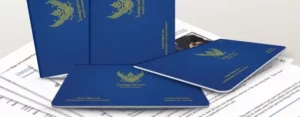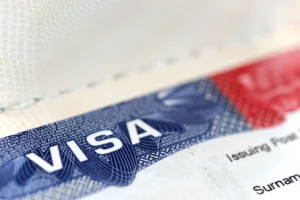The Foreign Business Act B.E. 2542 (1999) (FBA) governs which business activities foreigners can or cannot engage in within Thailand. It is a crucial legal framework designed to preserve certain sectors for Thai nationals while allowing limited foreign participation under regulated conditions.
Foreign investors must understand the FBA fully to ensure lawful business operations and avoid criminal penalties, including fines and forced business closure.
Definition of “Foreign” Under the Act
A business is classified as “foreign” if:
-
More than 49% of shares are owned by non-Thai nationals or foreign entities.
-
A foreign national holds a majority in management control (e.g., Board of Directors, voting rights).
It is important to note that Thai nominee structures — using Thai nationals to “hold” shares for foreigners without real control — are illegal under anti-circumvention laws.
Business Activities Restricted Under the Act
The FBA organizes restricted activities into three schedules:
| Schedule | Description | License Possible? |
|---|---|---|
| List 1 | Activities absolutely prohibited to foreigners (e.g., newspaper publishing, land trading). | ❌ No license allowed |
| List 2 | Activities related to national security, culture, natural resources (e.g., firearms, rice farming). | ✅ License possible from the Minister of Commerce with Cabinet approval |
| List 3 | Activities where Thai nationals are not yet ready to compete (e.g., retail, restaurant services, consultancy). | ✅ License possible from the Director-General of the Department of Business Development (DBD) |
Exemptions and Permissions
Foreigners can engage in restricted businesses by:
1. Obtaining a Foreign Business License (FBL)
-
Application submitted to the DBD or relevant Ministry.
-
Requires proving that the activity will benefit Thailand (technology transfer, employment, competition improvement).
2. Utilizing Treaty Exemptions
-
U.S. Treaty of Amity (1966): Allows American citizens/entities to operate most businesses with national treatment (some restrictions remain).
-
BOI (Board of Investment) Promotions: If granted, BOI-promoted businesses can engage in otherwise restricted activities.
-
Industrial Estates Authority of Thailand (IEAT) and Export Processing Zones: Offer looser restrictions within specific zones.
Penalties for Violation
Violating the FBA is a serious matter:
| Offense | Penalty |
|---|---|
| Operating a restricted business without a license | Fines up to 1 million baht and/or forced business closure |
| Using Thai nominees to conceal foreign ownership | Criminal charges, including imprisonment for directors and shareholders involved |
Practical Challenges in Compliance
| Challenge | Practical Reality |
|---|---|
| Complex Licensing Process | License applications can take 6–12 months with no guarantee of approval. |
| Opaque Approval Criteria | Subjective assessment by government officials on whether the business “benefits Thailand.” |
| Changing Enforcement Climate | Crackdowns on illegal nominee structures occur periodically, especially during political shifts. |
Real-World Application Scenarios
-
Hospitality Sector (Hotels/Restaurants): Commonly restricted under List 3. Many foreign operators seek BOI promotions or joint ventures.
-
Consultancy Services: Considered List 3 activity. Foreigners often need a Foreign Business License or operate via Thai-majority structures.
-
Import-Export Businesses: Generally allowed without FBA restrictions, but licenses under other laws (e.g., Customs Act) may still apply.
Important Related Laws and Regulations
-
Alien Employment Act: Governs work permits for foreign workers, often tied to company status under the FBA.
-
Land Code: Limits direct foreign ownership of land, affecting foreign companies’ real estate dealings.
-
Anti-Money Laundering Laws: Require proper disclosure of shareholding structures.
Conclusion: Key Takeaways
The Foreign Business Act is central to any foreigner’s decision to invest or operate a business in Thailand. While opportunities exist through licenses and treaty exemptions, compliance requires careful legal structuring, full transparency, and acceptance of bureaucratic complexity.
Before entering the Thai market, foreign investors should undertake thorough due diligence, strategic business planning, and often professional legal consultation.




